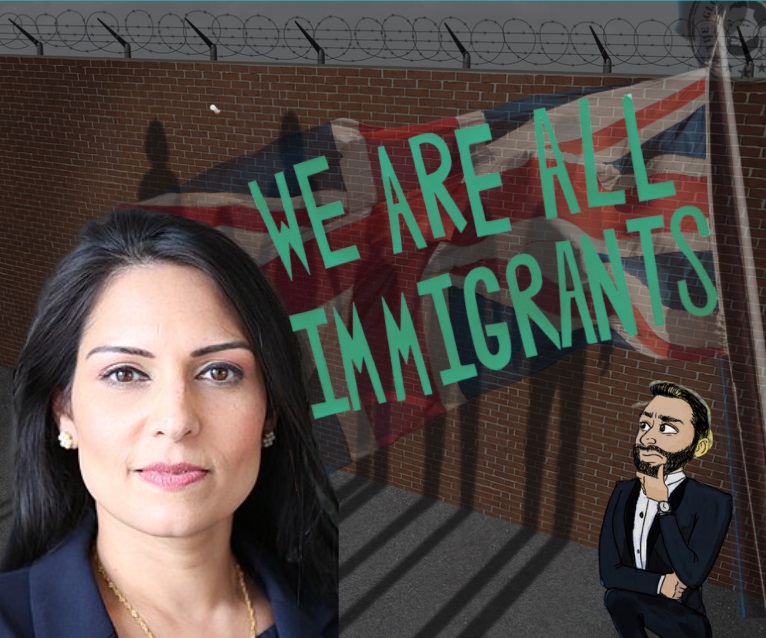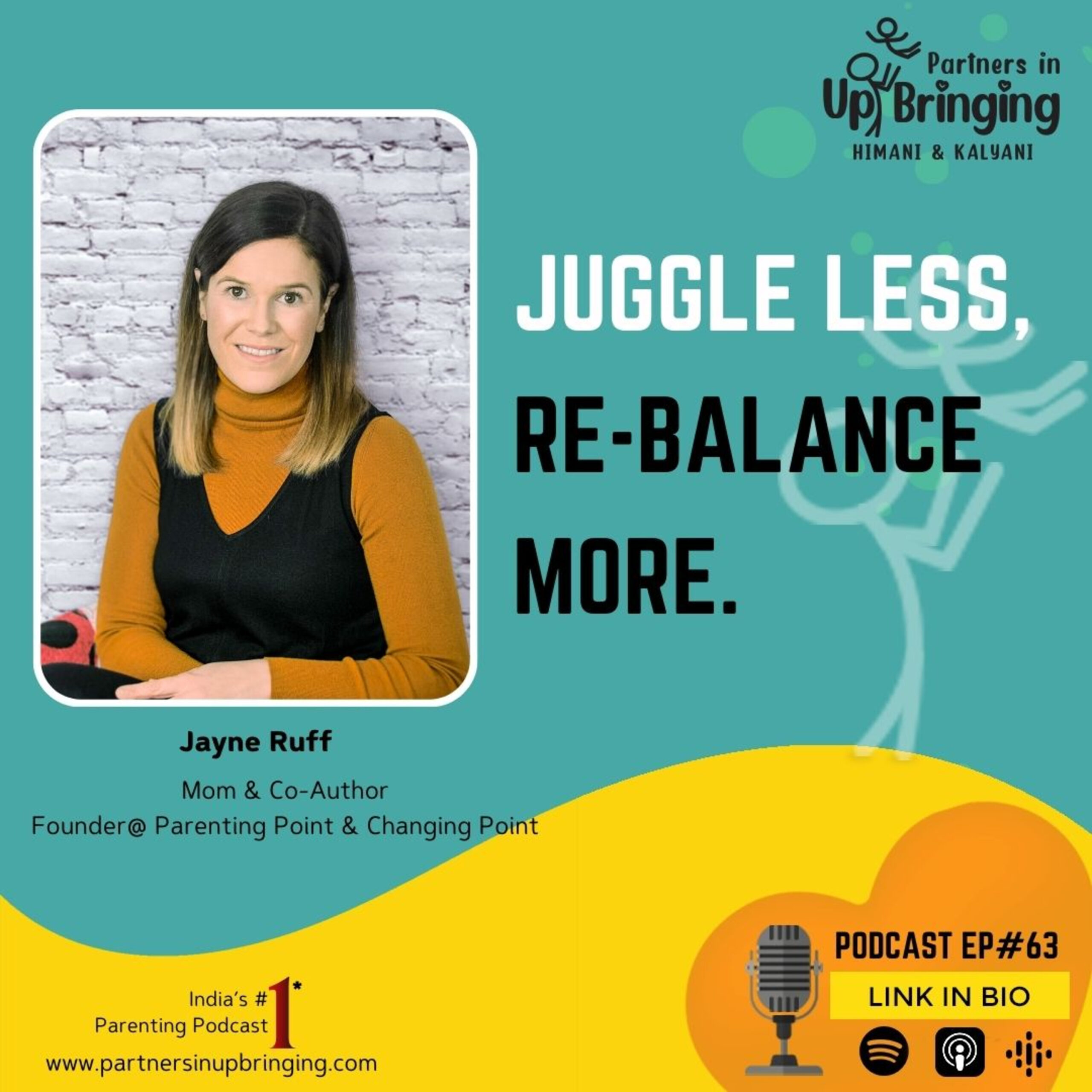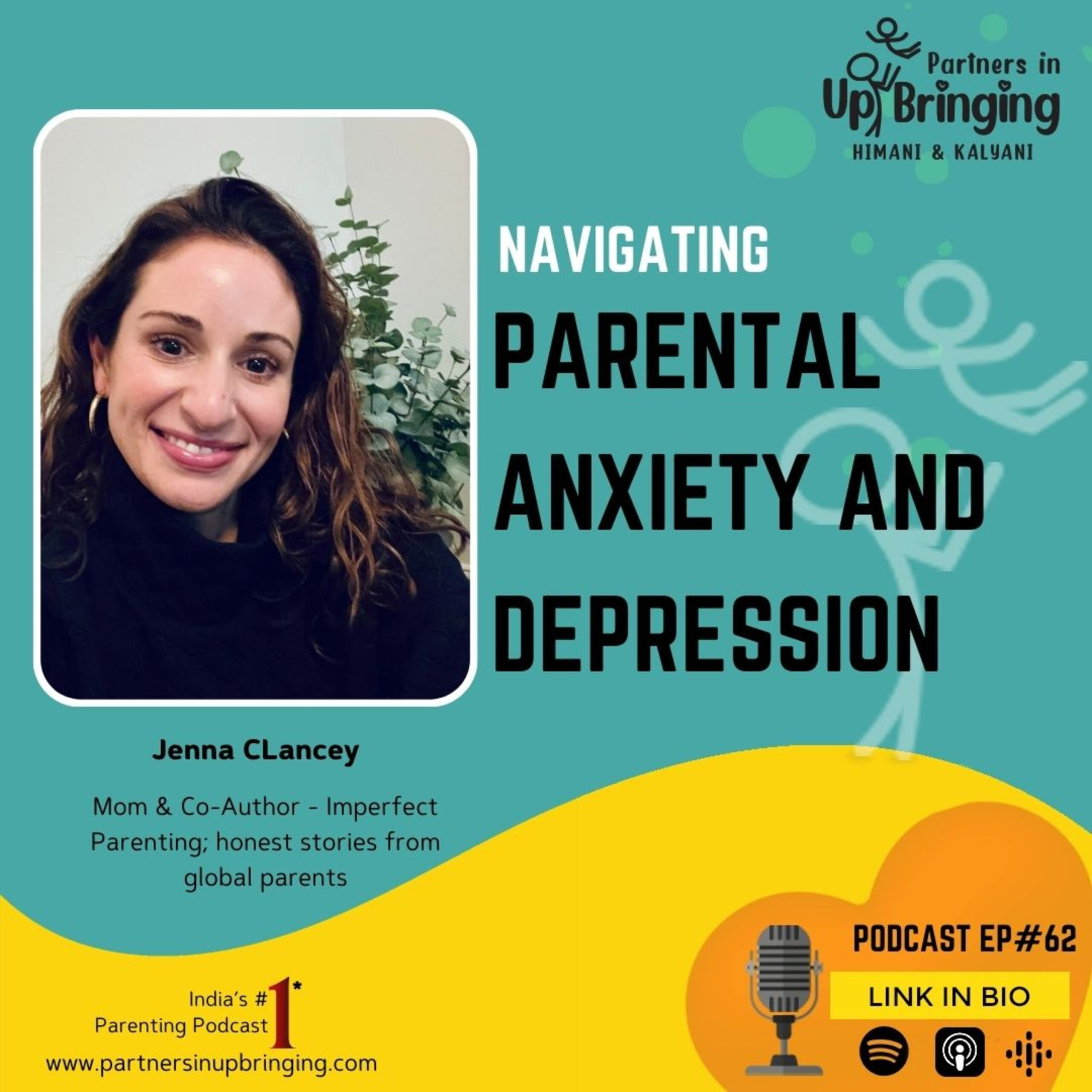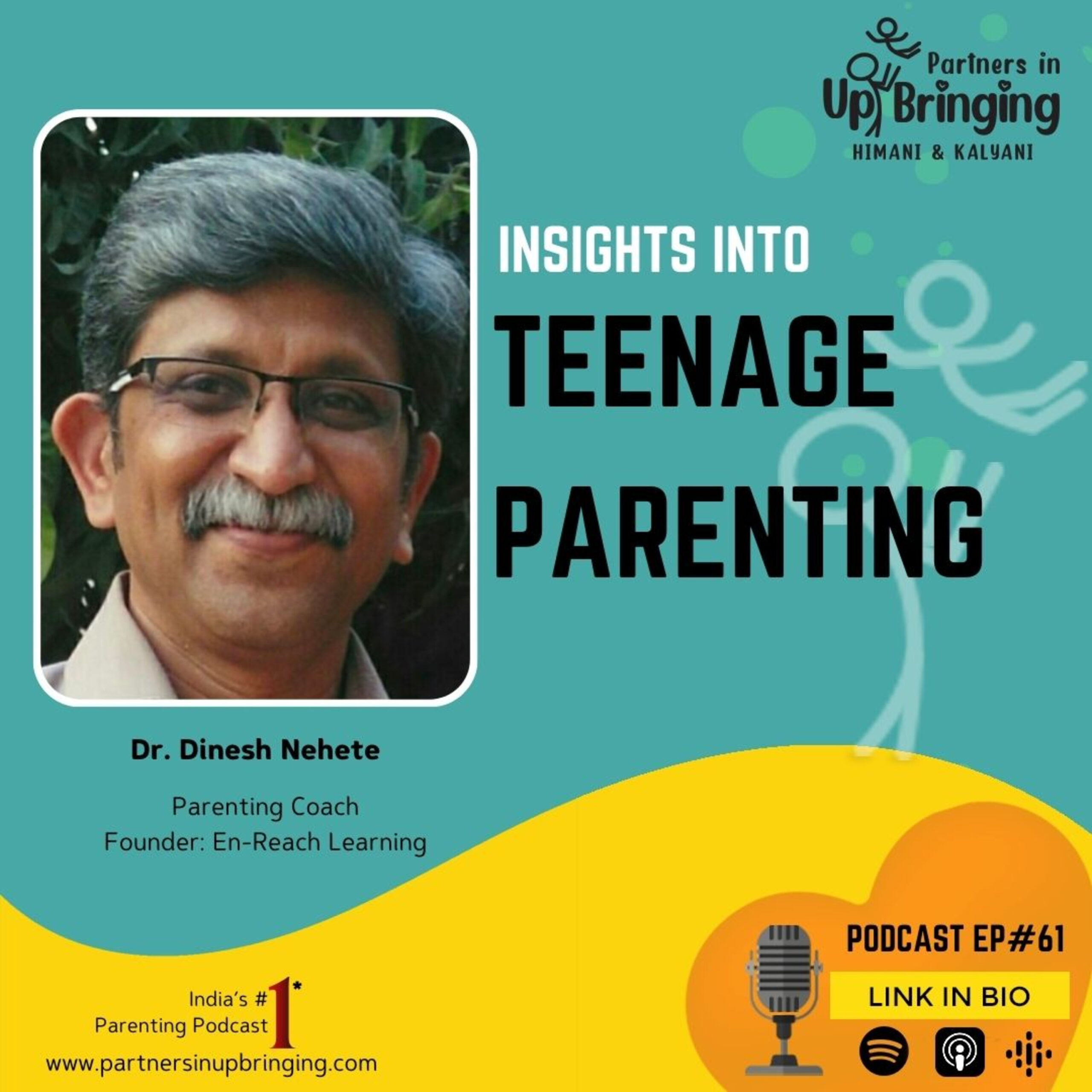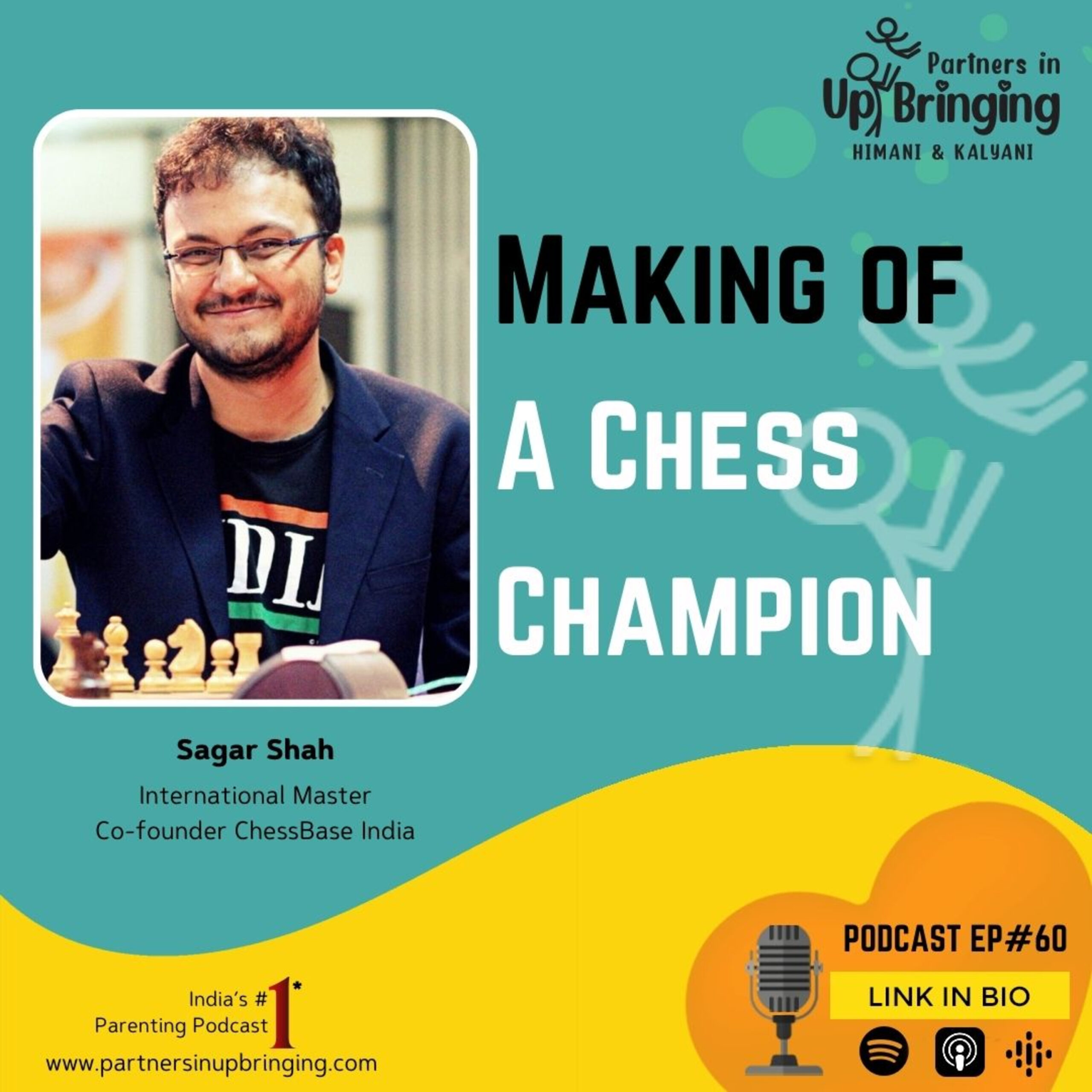Priti Patel is cock-a-hoop. Her controversial Nationality and Borders Bill has been passed by Parliament.
The Nationality and Borders Bill raise questions about what it means to be a “British subject” in the 21st Century. Because the stark reality is If you fall into the “wrong” category, you or your kin could be repatriated or deported to a foreign land.
Placing legal issues to one side for the moment, one must consider the impact that this bill has on national identity and what it now means to be British.
It also gives us an opportunity to reflect on the symbolism of passports in general. For many the new changes makes a mockery of the Lion and Unicorn emblazoned on its cover and indeed Britain’s motto: “Dieu et mon Droit” (God and my right)’ written in letters of gold beneath. For others it seems to reaffirm a colonial belief that, regardless of our fool’s notion of equality, that those in power “seem to be more equal than others”.
So let’s get to the facts: The law now makes citizenship a gift of the State, one which must be constantly justified and which can be withdrawn without a moment’s notice. In other words the physical representation of your Britishness in physical form (passport) is now only a borrowed identity, until the Government thinks otherwise. Case in point – Windrush. Surely, this will have ramifications?
The metaphysics of identity are complex. Whence one’s identity? Is national identity a myth? Does it reside in a person or is it merely a consensual hallucination? Should the State have the power to define who you are? Or does Jean-Jacques Rousseau’s notion of a ‘Social Contract’ make this inevitable in a modern state?
"Man is born free, but everywhere he is in chains." So begins Rousseau ground-breaking 'Social Contract', arguably one of the most incendiary treaties ever written.
In it, he insists that there is only one way in which Man might be free and the answer lies in the social contract, an idea that he had borrowed from Hobbes, a covenant which would give people “real freedom” in exchange for their obedience to a self-imposed law.
This is the price we pay today. It is a quid pro quo. The state will grant us certain rights and benefits in exchange for your obedience. The question is this: how far does one need to go to obey until they lose conscious consideration of what true freedom represents?
The case of the Ugandan Asians is a prime example of when law, politics and ethnic based undertones change the fabric of society. Something that Lord Sheik also speaks about in his podcast THE POLITICS OF CHOICE | UGANDA AND ME: LORD SHEIKH (globalindianseries.com)
The Nationality and Borders law plays fast and loose with this tacit agreement. Most of us have kept our side of the bargain: we obey the law, we pay our taxes, we even give our lives for Queen and country, not to mention abstain from attending Christmas parties…This law betrays the trust the children of the Commonwealth have placed in the state and to my mind at least betrays the very notion of Britishness, to act without fear or favor and protest against injustice.
It underlines how fragile our identity is, even when that identity is enshrined in law and buttressed by precedent. After all, laws are just words, but words with consequences.
Take, Gurpreet Johal, for example. An immigration solicitor by profession in Glasgow, he was born in Britain and not unnaturally regards himself as British.
In November 2017, while in India for his wedding, his younger brother, Jagtar Singh Johal, a British citizen, was summarily arrested on allegations of terrorism. ( I say ‘allegations’ because he was not and indeed has not been charged to this day. Nor has he been brought to trial, nor indeed has any evidence been presented to prove he has committed any crime.)
He fears that the affair and his activism may be a black mark against his name. He worries that clause 9 may be invoked to strip him and indeed his family of their citizenship and they will be deported to India.
In our weekly podcast, Rajan Nazran asks: “What does it mean to be British now that the Nationality and Immigration Bill is the law of the land?”
He thinks the law is a disgrace and that his very identity is under attack. His only hope is that the law will be found to be unlawful and therefore repealed: ‘“Her Majesty’s Government is saying:’ Go back to your own country and yet this is my own country. Where else am I supposed to go?”
It is highly unlikely that we will see mass deportations. One hopes that common sense will prevail and that clause 9 will only be invoked for legitimate reasons of state such as national security and the all important “political currency”.
You can listen to that podcast here: NATIONALITY, BORDERS AND MY BROTHER | GURPREET SINGH JOHAL (globalindianseries.com)
My fear is that the damage the law will do will be more insidious. It will strengthen the hand of the anti-immigration camp and it may stoke xenophobia and racial tension further, possibly giving rise to a new system of a hierarchy of Britishness which may be underpinned by the color of one’s skin.
What’s more, it tells the world that the home of the ‘Mother of All Parliaments’ will change sacrosanct laws for its own ends. If the state does not like you or if you are the ‘wrong’ colour or wish to practice peaceful protest to help highlight real Global struggles, then it can render you stateless as it could be a sign of anti-national behavior and impact political relations. As seen OCI card holders face risk of getting their cards revoked if they aren’t in their best selves abroad - The Week
And of course the now infamous case of Darshan Singh Dhaliwal whose OCI card was revoked for his “crime” of feeding peaceful protestors in India over the controversial farming bill.
The real reality is the piece of paper-Passport, birth certificate- that says you are British will no longer be valid if you decide to practice your form of expression, that could potentially cause harm to already fragile political egos.
The state thus has the ability to rub you out, to make you a nothing and banish you to a Kafkaesque no-man’s where you know who are are but the state says: "No, you are what we say you are.”
Hyperbole? Perhaps. But make no mistake: today, South Asians like you and me should be scared.
With that famous phrase, "man is born free, but he is everywhere in chains," Rousseau asserts that modern states repress the physical freedom that is our birthright, and do nothing to secure the civil freedom for the sake of which we enter into civil society. Legitimate political authority, he suggests, comes only from a social contract agreed upon by all citizens for their mutual preservation.
Is this law a case in point?
We at The Global Indian Series think it a bad law, one which could strip you of British citizenship.
Now, millions of people (hitherto regarded as British in law) are at genuine risk of being summarily deported and repatriated. This could be your aunty. It could be your Mum. It could even be you, if you decide to protest against the treatment of your family in other lands.
What then does this new law say about Britishness? What does it mean for British Asian people? What does it mean for you and me? What does it say to the Globe about the home of the commonwealth?
The UK is a our home, our passports say that we are British, we share the values that Britain holds bear, we pay our taxes, we obey the law, we try and bee good citizens. And, yet this law rips up that passport because it gives the state the power to repatriate you home”
Home for most of you will ironically be Britain. So what definition of Britishness is the government using? Is your neighbour more ‘British’ than you?
Theoretically, the Government can deport you if ‘it serves the public good’ or if it deems you a threat to National security. While realistically this will not (one hopes) come to pass, the message this law sends is upsetting. It says, to paraphrase George Orwell, all Britons are British but some are more British than others
Clause 9
And the knock at the door at 2 o’clock in the morning could come without any notice. Clause 9 states that the Government has the right to strip someone of citizenship if doing so would “not be reasonably practicable” or in the interests of national security.
This clause is deeply troubling on many levels and appears to be contrary to one’s human rights. Indeed, it breaks many laws of the realm.
Enforcing will set a dangerous precedent: now the state can effectively kick a British subject out of the country. In truth, the home Secretary has had the power o strip someone of has had the power to strip British citizenship from foreign-born nationals since 2004
According to a 2011 study, this law affects a whopping 5.5 million people. But surely it only applies to foreign-born subjects? No, 408, 000 of these people were born in the United Kingdom.
Let’s put this in context. Parliament has just passed a law whereby it can deport 5.5 million people with a stroke of a pen. This is the equivalent of half the size of London. It is the population of Birmingham, Leeds, Manchester, Edinburgh, Glasgow, Liverpool, Belfast and Gloucester combined.
Here’s another sobering statistic. The law affects 39 % of British Black and Asian Britons. According to The New Statesman’s analysis (and admittedly this could be biased) it potentially could affect:
some 640 00 citizens born in India, some 482 OOO of those born in Pakistan and 212 000 of those born in Bangladesh.
Has the question of citizenship then become colour-coded?
And lest it be thought that this Bill does not affect white people, it does: 407 000 Irish and 579 000 from Poland could theoretically be deprived of citizenship.
It should be pointed out that these are upper estimates which work on the assumption that one parent is a citizen of his or her country of birth. Nevertheless, even its most conservative estimates are alarming and broadly speaking the analysis, based as it is on data from the office for National Statistics, is sound.
Priti Patel is no stranger to controversy and she has long taken a hard line on asylum seekers and immigration. This has won her plaudits in some quarters but drawn criticism in others.
A Bad Law?
Some aspects of the Nationality and Border law are well-conceived and timely For example, it prevent illegal entry into the UK, that is to say henceforth people cannot come into the country without a visa. This will do much to break the power of criminal trafficking networks.
Furthermore, it seeks to protect those who are in genuine need by creating a new asylum system. The Bill quite rightly makes provision for stateless minors and refugees. Article 1 of the Refugee Convention states a refugee is someone who has come to the UK directly from a country or territory where his or her life was threatened. There is no question Priti Patel’s Bill seeks to undermine this inviolable right.
So far, so reasonable, provided the new system is fair and lawful. The law will, in Patel’s vaguely Orwellian phrase,’ reduce the ‘pull factors’ drawing people to Britain.
But it gives the state the power and the right to remove those who do not have the right to be here, even if so doing renders them stateless.
Granted, there is a prima facie case to be made for such a power, provided that an individual’s rights are upheld and that UK’s long track-recording welcoming genuine asylum seekers, without fear or favour, should not be compromised.
“BE IT ENACTED by the Queen’s most Excellent Majesty”
Clause 9 clause strikes fear into Asian Britons. And so it should That the clause was not dropped on its second reading is deeply regrettable. As it stands, gives Government the power to summarily eject people from the country they call. The truth is: up and down Britain today, ethnic minorities are scared and despite having visual diversity within the halls of power, maybe what we really need is diversity in thought.
Direct from the Global Indian Desk
Jointly by Alex & Rajan
-------------------------------

